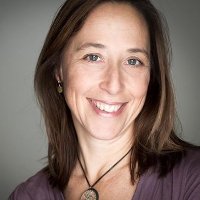We are currently soliciting interested UCLA and Santa Monica College STEM faculty to participate in Transforming College Teaching: Statewide Implementation of the Faculty Learning Program to Improve Stem Undergraduate Teaching and Learning.
The University of California Berkeley’s Lawrence Hall of Science and the Center for Teaching and Learning received an NSF IUSE grant to improve student achievement in STEM undergraduate courses through statewide transformation of college level teaching. STEM faculty from 2- and 4-year institutions participate in the Faculty Learning Program together to learn and improve their instructional practice, and build relationships and understanding of one another’s teaching and learning contexts. UCLA, along with local community colleges with high transfer rates have been expressly asked to participate in this statewide program.
For more information on this program and what is expected, please find more information summarized on one page here: Faculty Learning Program
We encourage anyone interested to contact Rachel Kennison at rkennison@ceils.ucla.edu.
Thank you!



